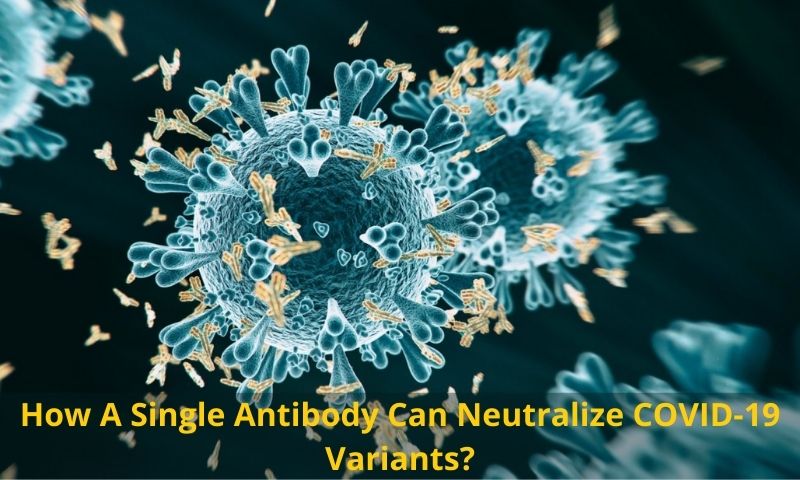This may be the newest sign of good news as a newly discovered antibody was able to neutralize not only all strains of COVID-19 but other types of coronaviruses that cause respiratory infections in humans – a bane for a whole class of deadly, flu-like viruses.
According to a study published in Nature, we have previously described S309, an antibody that exhibits potent effector functions and neutralizes all current SARS-CoV-2 variants and the divergent sarbecovirus SARS-CoV-1.
S309 forms the basis for an antibody therapy (VIR-7831, recently renamed sotrovimab) that has received emergency use authorization from the US Food and Drug Administration for treatment of COVID-19.
GlaxoSmithKline and Vir Biotechnology recently conducted a huge collaborative study by scientists and developed a new antibody therapy, called Sotrovimab. During the project, they discovered a new natural antibody “that has remarkable breadth and efficacy,” according to the Berkeley Lab.
As viruses spread and infect a host, they undergo genetic mutations, and when a unique version of the virus is discovered, it is called a new strain.
Recommended Read: Covid Alert: New Variant C.1.2 Strain “The Most Mutated One so Far”
Recently, there have been several strains of COVID-19 that appeared including the Delta variant and the C.1.2. Antibodies can bind to the spike to prevent them from attaching to cells, and researchers can turn particularly effective antibodies (discovered in COVID-19 survivors) into drugs, called monoclonal antibodies, to treat people battling infections.
The scientists reportedly discovered a new antibody, called S309, which “neutralizes all known SARS-CoV-2 strains — including newly emerged mutants that can now ‘escape’ from previous antibody therapies — as well as the closely related original SARS-CoV virus,” according to a press release from the Berkeley Lab.
“In the setting of having COVID, we know now that this monoclonal antibody treatment is very effective,” physician in internal medicine Caroline Wilker said. “It’s very safe. We can confirm that it prevents hospitalizations if you’re at a higher risk.”
“The antibody appears to neutralize all coronaviruses that cause respiratory infections in mammals,” according to Jay Nix, a structural biologist who participated in the study.

